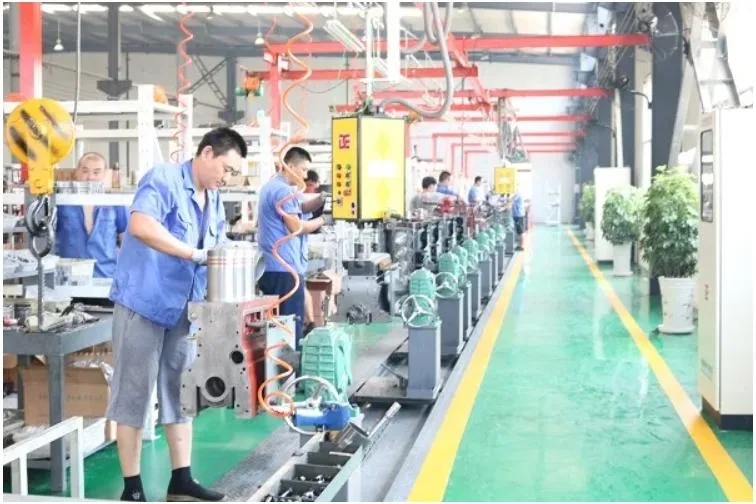Introduction
Altitude testing is a critical process in various industries, including aerospace, automotive, and electronics. It involves subjecting equipment and machinery to conditions that mimic high altitudes to ensure their performance and reliability in such environments. One essential tool used in altitude testing is a diesel generator, which provides a reliable power source to simulate altitude conditions accurately. In this article, we will explore the advantages of using diesel generators for altitude testing and how they contribute to the success of testing procedures.
Understanding Altitude Testing
Altitude testing is performed to assess how different devices and systems function under low atmospheric pressure conditions that are typically found at high altitudes. This testing is crucial for industries that manufacture products meant to operate in environments such as aircraft cabins, mountainous regions, or even in outer space. By subjecting equipment to altitude conditions, manufacturers can identify potential weaknesses, improve performance, and ensure the safety and reliability of their products.
The Role of Diesel Generators in Altitude Testing
Diesel generators play a crucial role in altitude testing by providing a reliable and consistent power source to simulate high-altitude conditions. 500kw diesel generator for remote development projects are preferred for altitude testing due to their robust performance, fuel efficiency, and versatility. Diesel generators can be easily adjusted to maintain a constant power output, making them ideal for creating the specific conditions required for altitude testing.
Advantages of Using Diesel Generators for Altitude Testing
1. Reliability: Diesel generators are known for their reliability and durability, making them the preferred choice for critical testing procedures such as altitude testing. Their robust construction and simple design ensure consistent performance even under extreme conditions.
2. Fuel Efficiency: Diesel generators are more fuel-efficient compared to other types of generators, making them a cost-effective option for prolonged altitude testing. The fuel efficiency of diesel generators helps in reducing operational costs and ensures uninterrupted testing procedures.
3. Constant Power Output: Diesel generators are capable of maintaining a constant power output, which is crucial for creating stable altitude conditions during testing. The ability to regulate power output accurately enables precise control over the testing environment, ensuring accurate results.
4. Versatility: Diesel generators are versatile and can be easily transported to different testing locations, making them suitable for on-site altitude testing requirements. Their portability and ease of operation make them an ideal choice for industries that conduct altitude testing in various environments.
5. Low Maintenance Requirements: Diesel generators require minimal maintenance compared to other types of generators, reducing downtime and ensuring continuous operation during altitude testing. Their robust design and simple maintenance procedures make them a reliable choice for long-term testing projects.

6. Longevity: Diesel generators have a longer lifespan compared to other types of generators, making them a cost-effective investment for industries that conduct frequent altitude testing. The durability and reliability of diesel generators ensure consistent performance over extended periods.
7. Environmental Considerations: Diesel generators are more environmentally friendly compared to gasoline generators, emitting lower levels of harmful pollutants. This makes them a more sustainable choice for altitude testing, aligning with modern environmental regulations and standards.
Conclusion
Diesel generators play a crucial role in altitude testing by providing a reliable power source to simulate high-altitude conditions accurately. Their reliability, fuel efficiency, constant power output, versatility, low maintenance requirements, longevity, and environmental considerations make them the preferred choice for industries conducting altitude testing. By leveraging the advantages of diesel generators, manufacturers can ensure the performance, safety, and reliability of their products in high-altitude environments, contributing to overall product quality and customer satisfaction.
